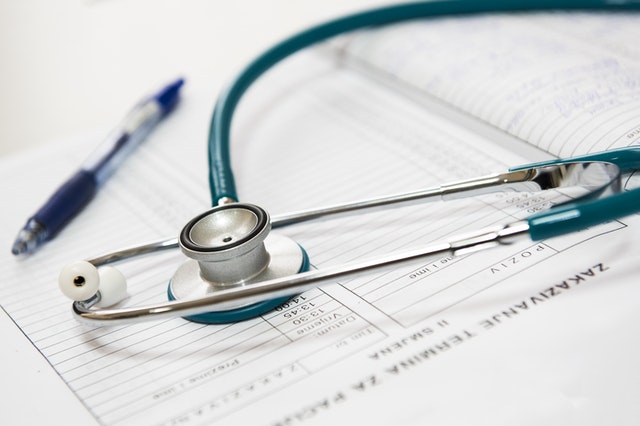Gut Health and Depression

Did you know that your stomach or intestinal distress can be the cause or the product of anxiety, stress, or depression?
In the last decade or so, there's been a significant study research trend associated with human gut flora and, in particular the role it plays in our overall health status.
Research studies are consistently highlighting that our brain and the gastrointestinal (GI) system are intimately connected, and initial research also suggests that certain bacteria in your gut can prevent and treat many common diseases. Technological advances has become a major asset in terms of health diagnosis and gut microbiome testing programs are revealing a previously hidden world within.
Which, brings me to the point of this article. That being - your Diet and the food you eat is silently playing a very significant role in the health of your inner gut microbiome.
Gut health is consistently being linked to mental health issues, such as anxiety or depression. In fact, the bacteria in your stomach may influence all aspects of health, from immunity to attracting disease.
What is Gut Health?
Firstly, its important to realize that about 100 trillion bacteria, both good and bad, live inside your digestive system. Collectively, this bacteria is known as the 'gut microbiota.' Everyone's gut microbiota is unique.
In saying that, there are certain combinations and collections of gut bacteria that are found in both healthy and unhealthy individuals - and, these can be affected by age, environment, medications and your diet.
What does all this mean? In answer, the trick is to reduce the build up of bad gut bacteria, and not deplete the good gut bacteria - but enhance it. Dr. Hohmann says;
"A healthy gut microbiota is still important for health and anything that can feed good bacteria and keep them plentiful is good for overall health. When the gut is happy, you are happy."
What causes Poor Gut Health?
A sad fact exists - in that, when your body doesn't have enough good bacteria, bad bacteria can thrive. Therefore, its useful for you to know that certain signs and symptoms of a gut bacteria imbalance can occur.
For instance, you may experience physical discomfort or pain relating to digestive issues (e.g. irritable bowel syndrome, constipation, diarrhea, heartburn or bloating.) Sugar cravings, or unexplained fatigue or sluggishness are other well documented signals.
Similarly, if bad bacteria is thriving in your gut wall, then the 'gut-brain connection' kicks in and this can trigger depression, or anxiety related symptoms. Why? Because serotonin (e.g. the mood-boosting brain chemical hormone serotonin) is actually developed in the lining of the Gut.
How can you Improve your Gut Health?
In short - the food you eat obviously plays a role in the bacterial makeup of your gut - therefore, its sensible to start eating or drinking food or beverages that enhance and not diminish your gut microbiome. Now that you have a better understanding of the benefits of good gut health - here are some suggestions on how to improve it:
A sensible starting point would be to arrange a consult with a natureopath and get tested. Its also wise to discuss these options with your GP first, particularly, if you have an allergy, illness or disease that's being treated. Then, if no obstacles are present, then start to pursue a 'Gut Healing' dietary program.

Dr. Hohmann suggests;
"A healthy, varied, balanced, high-fiber diet with complex carbohydrates is good for the bacteria living in your gut and encourages a diverse ecosystem."
Which means you may need to eat more fermented foods - as, bacteria are
living organisms that need to eat. Some helpful dietary choices could
include naturally fermented foods containing 'probiotics' (often
referred to as live or friendly bacteria), such as sauerkraut, pickles,
miso, certain types of yogurt, and kefir (a yogurt-based drink).
People
with depressed immune function from late-stage cancer or chemotherapy
should not take probiotics. Also, not all probiotic preparations are the
same, so discuss the options with your doctor before you take one.
Brighten your mood and start feeling well.
Refs;
Harvard Health Publishing (2016).'Can gut bacteria improve your health? Initial research suggests certain bacteria in your gut can prevent and treat many common diseases'. https://www.health.harvard.edu/staying-healthy/can-gut-bacteria-improve-your-health. Harvard Medical School. Published October, 2016.
Photo Images
Photo 1 by Kat Jayne from Pexels - Photo 2 by Pixabay Pexels

